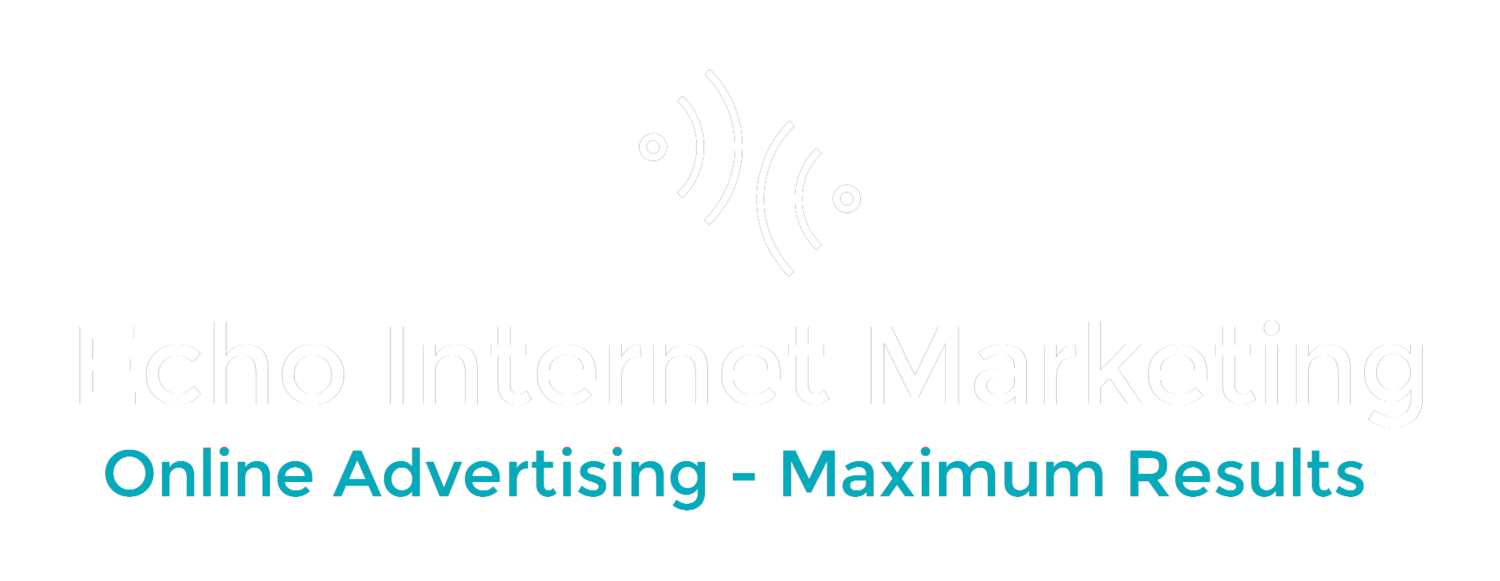Its amazing in just under about a decade and a half the growth of Google as the one of world's largest advertising platform. This of course, has coincided with the move away from traditional print advertising and the worldwide acceptance of the internet as the go-to place for information. What are some brief takeaway for business owners?
How Big is Google's Advertising Platform?
This includes Adwords, Doubleclick and other Google properties. Let's put it into perspective:
1. Google receives almost $5 of every $10 spent on online advertising worldwide. Its total income from advertising last year was over $29 billion. To put this number in perspective, the total advertising revenues of all US newspapers combined last year was less than $22bn. And the major US television networks (excluding cable and local stations) earned $21.7 billion in advertising. (-indra de lanerolle).
2. As far as online advertising goes, ZenithOptimedia has issued a report that tells us this: Google controls44 percent of global online ad revenues. AKA: Way ahead of its competitors and the dominant online force (including Android/mobile).
What does this mean for business owners?
There's good news and bad news:
1. Bad news: The days of set it and forget it are over. Remember when you could just put an ad in the newspaper? Or had to meet once a year with the Yellowpages guy to update your ad? Those days are over (See picture to the right). People search for EVERYTHING online.
What does this mean? Businesses have to either:
A. Learn how to market their website and business online, which means paid search, organic search, local listings, social media and constantly changing and adjusting things.
Or if you don't have the time (or desire) to do this:
B. Learn enough so you can understand some of what goes into online advertising so when you hire a professional internet marketer who can know enough to hire someone who is actually knows what they're doing and won't rip you off (very difficult) and will get you the calls, emails and leads you need to keep your business growing.
The Good News:
If you find a professional to help you OR learn how to market your site online yourself you can:
1. Beat out your competitors not just because you outspent them for the largest Yellowpages ad. No, online advertising whether paid or organic search rewards the smart advertisers. It is not always he who spends the most wins, but he who understands (or hires someone who understands) how to market their business online wins.
2. Get extremely qualified calls, leads, emails. After all people aren't just picking up the paper or yellowpages. They typing in very specific terms. If you come up in the search results instead of your competitors for those terms. They will call you.
Bottom line is this: Businesses need to at least start putting into motion how they'll market their site either by doing it themselves or hiring a pro. This begs the question: How can you find the right person to hire for marketing your website. You should call or email us ; ) !
Failing this, our next post will be about how to hire an Internet Marketing pro who will help your business and not just take your money. This is a very requested subject, due to the number of people we've talked with who have been ripped off and the number of accounts we've taken over that had very poorly done marketing work. What are you thoughts on the above? Stay tuned...
